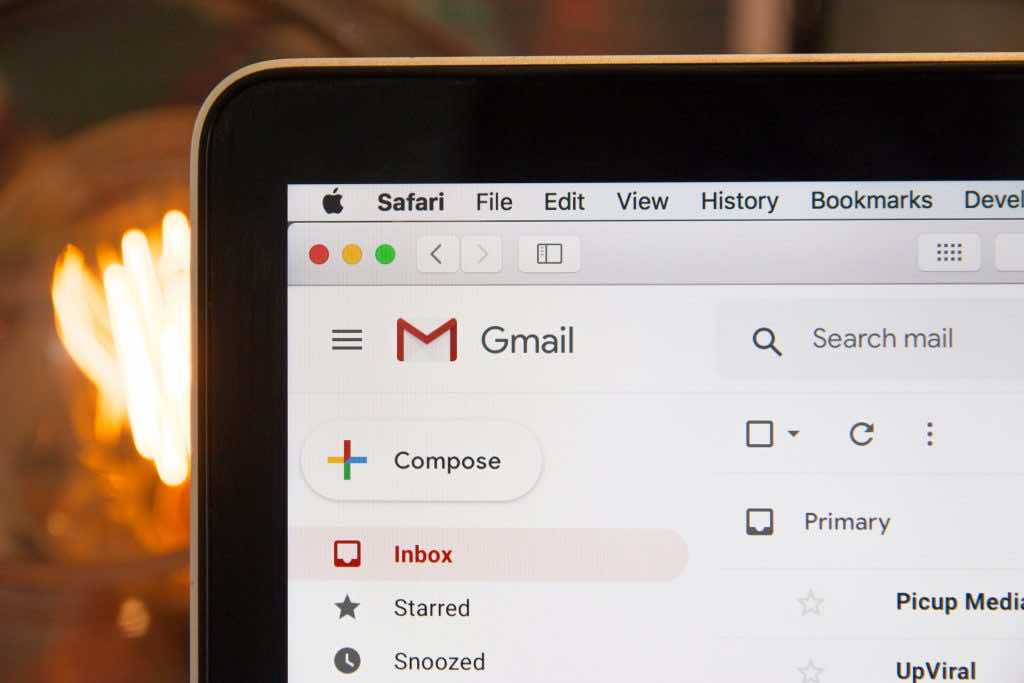The rush of our day-to-day lives can often mean we forget one detail or another. Then there’s also the chance of getting surprised with an entirely new dilemma. When it comes to the IRS reaching out to you, though, be sure to stay on guard. An IRS agent will only contact you in certain, predictable ways.
IRS Letters Come Through Standard Mail—Not Email
Expect all of your IRS communications to be delivered via the postal service. And if they are trying to get in touch with you, their letter should clearly explain the reason and how to move forward. After reviewing that, it’s also a good idea to search the IRS website for additional information. The form should have a clear identification number. Type that into the search bar, and then you should be able to read about the notice you received in more detail.
Next Steps: If you can’t find what you need online, you can always call (800) 829-1040 to speak with someone at the IRS help desk.
Above all else, remember that the IRS will never reach out to you via email. (You might want to remind your friends and family members about this too!)
Scammers today can create very convincing emails that seemingly come from the IRS. They’ll include graphics that mirror the IRS logo and even have an appropriate sounding email address. Any links in the email will usually take you to a bogus website to collect “prepayments” on your taxes in exchange for an “extra refund.” Or the messaging might be more threatening—saying that if you don’t pay now, you’ll end up with hefty fines.
Next Steps: Don’t respond to any emails that come from “the IRS.” Either delete the email, or contact phishing@irs.gov to inform them of the problem so they can help keep others safe.
The Proper Credentials for IRS Agents
Sending a letter will be the first attempt at communication, but an IRS agent might actually follow that up with a phone call, as well.
Your conversation is likely going to be centered around delinquent taxes or an audit. Since this would be a professional matter, you should expect a very professional tone and explanation for why they are calling.
Also, keep in mind that a real IRS agent will not sound threatening, and they would only ask you to send payments to the United States Treasury. Nowhere else.
Next Steps: Any IRS debt collector or other IRS agents shouldn’t hesitate to answer a few quick questions about their credentials. Ask for their name, badge number, and phone number before continuing the conversation. Then, to confirm their identity, call (800)-366-4484 to speak with the IRS agency directly.
Need a Second Opinion? We Can Help!
NSO & Company works with tax payers in all types of circumstances. If you’re confused about a specific form that the IRS sent to you, or you think there’s been a suspicious phone call, please feel free to ask our team about how you should approach the situation.
We’ll work to review any IRS requests in more detail with you. Then you’ll have a better idea about how to resolve the issue!
It’s always better to deal with these matters as soon as they’re brought to your attention. Instead of putting it off, pass some of that stress onto us. We have experienced team members who are ready to help.

